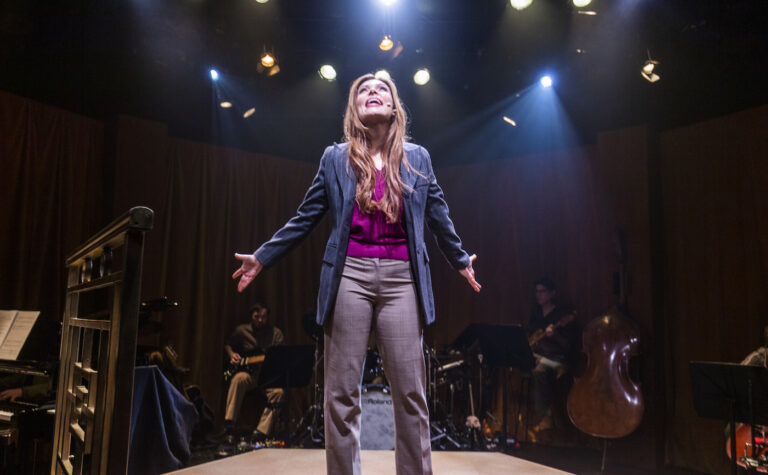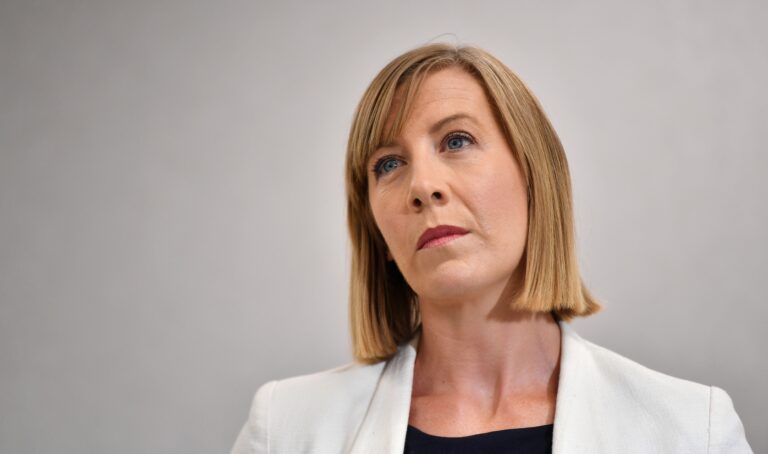
Short-term rental shake up

By ALLISON HORE
A mandatory Code of Conduct for the short-term rental industry will come into force across NSW in December in an effort to reduce the impact of troublesome guests on neighbours.
The Code of Conduct, put together by the NSW Government department of Fair Trading, will apply not just to just commercial ventures like hotels, motels and bed and breakfasts, but also house shares offered over platforms like Airbnb.
According to data from Inside Airbnb, in December of 2017 there were more than 51,000 AirBnB listings across NSW alone. Despite a significant increase in short-term rental accommodation across the state, they have fallen through the cracks as far as regulation.
One criticism was that this accommodation, in predominantly residential buildings and streets, may have an impact on neighbours resulting from “inconsiderate” or “anti-social” behaviour by some short-term rental occupants.
This community concern led to a series of parliamentary inquiries and legislative reform processes in NSW. The new mandatory code of conduct, coming into effect on December 18, also applies to guests and will give more power to neighbours to deal with intrusive tourists.
Member for Sydney, Alex Greenwich, thinks NSW Government policy is not quite up to par to deal with all the issues around short-term accommodation, but he welcomes the code of conduct.
“I don’t believe that we have the balance right to stop short-term letting getting out of hand when the tourist industry gets back into swing, however the code will provide affected neighbours with options to pursue problems,” said Mr. Greenwich.
The code of conduct prohibits guests from making noise which will “unreasonably” disrupt neighbours, and, causing damage to common property in a strata building. For hosts, they will be expected to hold insurance which covers them for a third party injury or death, be contactable by neighbours in the case of an issue with the guests and take “reasonable steps” to ensure guests comply with the code.
Penalties for breaching the code of conduct will include warnings, fines and being listed on an exclusion register which will prohibit a person from participating in the short-term or holiday rental market for five years. Guests or hosts who breach the code may be recorded on the exclusion register if they receive two strikes within a two-year period.
These penalties and the code of conduct may be difficult to enforce, however, as compulsory registration for short-term rentals in NSW will not take effect until June 2021.
It will be the responsibility of hosts to check potential guests are not on the exclusion register and the responsibility of platforms to ensure hosts aren’t.
Earlier in October Airbnb removed more than 500 Australian listings from the platform and cancelled over 9,000 bookings in a crack down on “party houses”. This came after the platform announced a global ban on party houses and encouraged neighbours to make complaints about offending properties using their support page.
“Our message to everyone who uses Airbnb could not be clearer; bad behaviour has no place on Airbnb and those who wilfully fail to adhere to our policies face removal from our platform,” Derek Nolan, Airbnb’s Australian head of public policy, said at the time.
Bye-bye B’n’B
These changes come as the short-term rental market has taken a blow as a result of COVID-19 travel restrictions. But it’s not all bad news, the drop in demand for short-term rentals has seen some properties return to the long term rental market, for surprisingly low prices.
According to a Domain.com.au report for the September quarter rental prices in many inner city suburbs has plummeted. Apartment rental prices in Haymarket, Pyrmont, The Rocks and Sydney city all fell by around 15% but the biggest rental price drop was in Millers Point, with a drop of 25%. Apartment letting prices in Tempe, in the Inner West, also dropped by 15%.
Among other reasons, like a decrease in demand for inner city apartments, Domain suggests properties once listed on short-term letting platforms like Airbnb are being reverted to the long-term residential market, creating more supply.
As borders began closing in the last two weeks in March demand for short-term holiday accommodation dried up. In those two weeks alone 40,000 new homes were listed on Domain, that was 8,000 more than were listed in the same time last year. Unsurprisingly, most of the NSW listings were across Sydney’s city, Inner West and Eastern Suburbs.
The full Code of Conduct for short-term rental can be found on the NSW Government department of Fair Trading website. Changes will come into effect from the 18th of December.









